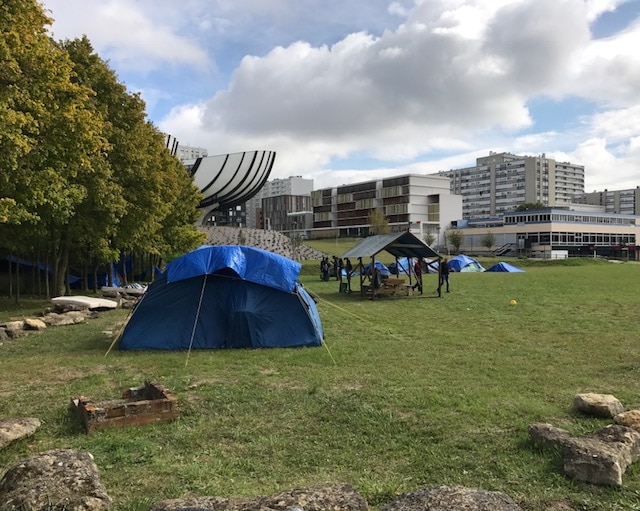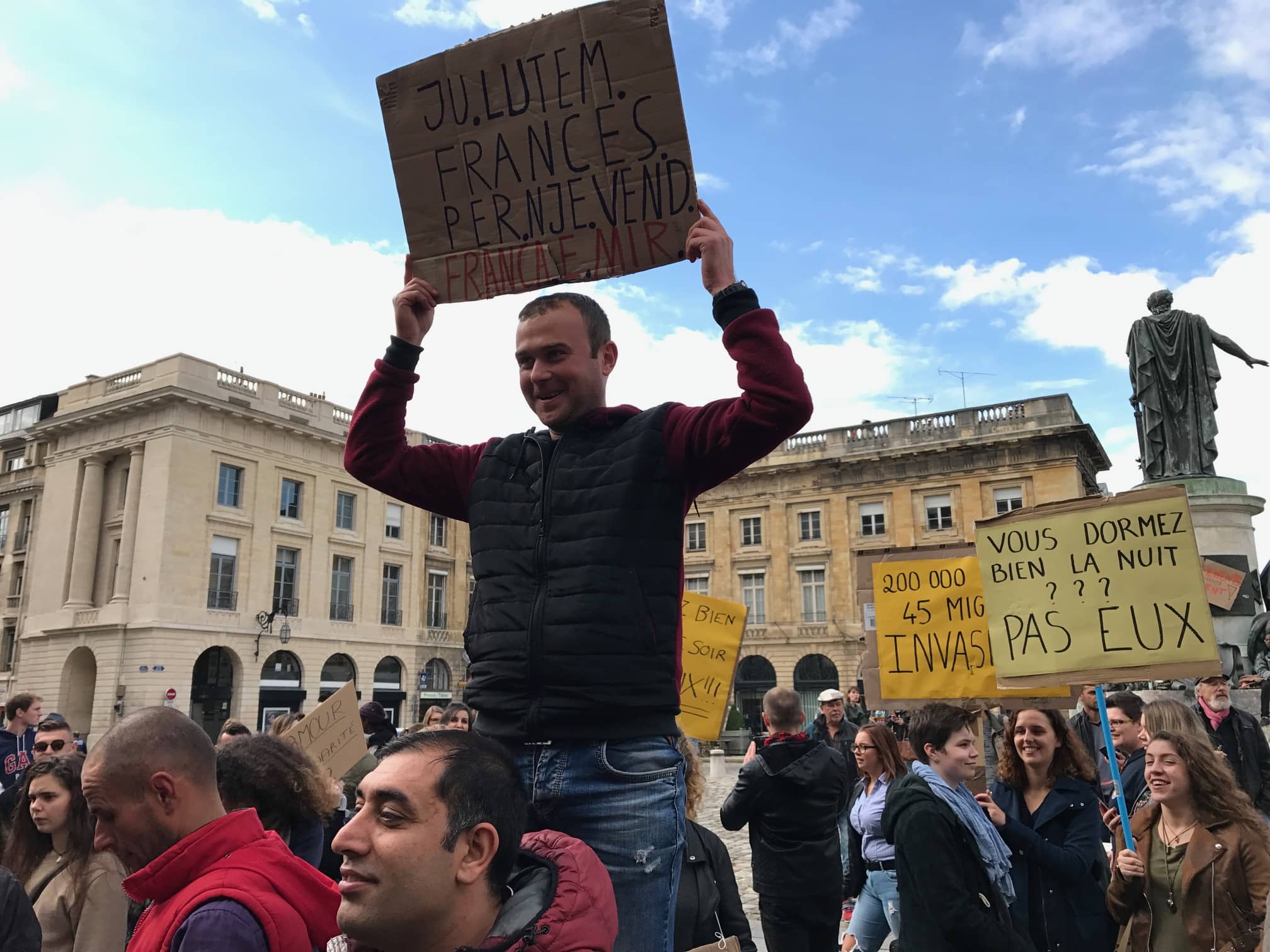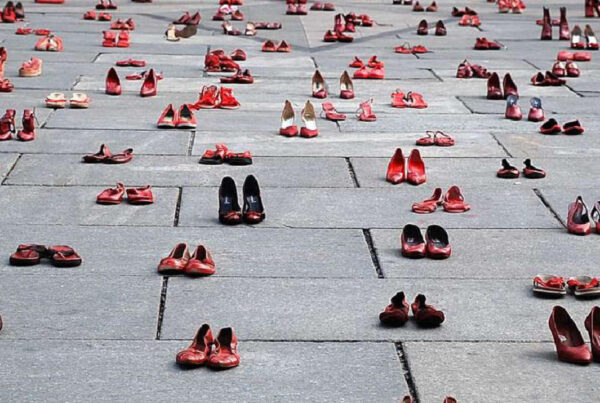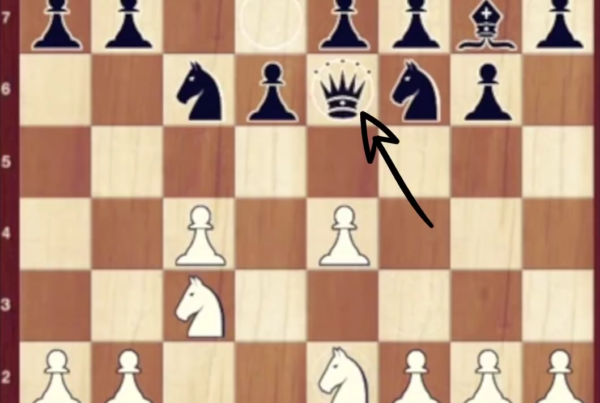By Anton Mukhamedov
The situation of the asylum seekers in Reims has suddenly caught everyone’s attention as, together with volunteers, it was decided they move their tents to a university campus last Sunday morning.
The reaction has been swift. The director of the Croix-Rouge campus of the Université de Reims Champagne-Ardenne (URCA), where the camp is now set, has at first refused to communicate on the matter and cancelled classes for all 8,000 university students as well as shutting down all campus facilities until further notice. A complaint has been filed and if the camp is found to be in violation of the law, which it is, it will most likely be evacuated after the decision. Meanwhile, the migrants have little clue where to go next and the chances are high that a similar situation will be repeating itself again and again with further evictions.
So in what context and why was the decision to move to the URCA ever taken? We have to rewind a bit.
For at least a year now, several dozen families (generally, between 30 and 50 people altogether) have not been given a place at any of the government-run centres for asylum seekers, despite the fact that the overwhelming majority has submitted an asylum application. Their countries of birth vary widely: there have, for instance, been Kosovars, Afghans, Chechens, Albanians, Angolans and Armenians. Some have been there for months, others only for a few days. Generally, a family with children, following two to three calls of 115 per day, is accommodated at a centre in Reims or nearby within the space of a few weeks. Single men are the least likely to receive shelter soon, but so are several elderly migrants.
The original location of the camp was right outside of the Centre d’Accueil des Demandeurs d’Asile (CADA) in Reims. But as the situation unfolded, a business centre opened nearby and the owner of the space, coincidentally, demanded its eviction, setting into motion a sort of a chain reaction and buck passing between the mayor of Reims, the préfecture and other organs of the authorities.
On June 8, the migrants set their tents at the Parc Saint-John Perse, across the road. It was relatively well-organised, the biggest issue being the lack of toilets. Quite soon though, it was claimed that the camp was impossible to visit and a petition encouraging the mayor to take action against the camp began circulating among the nearby residents.

Tents set up at the Croix-Rouge campus
Thus, in the morning of September 17, instead of looking for a park or a forest even further away, aware of an imminent arrival of the police, the volunteers from Collectif 51 (a loosely-connected group of rémois volunteers mobilised to help migrants), members of the student union UNEF and migrants took a prompt course of action and brought the tents onto the territory of the URCA campus, as they hoped to get the much needed attention. What they got instead is a situation with an even less clear way out: as the new camp is situated on public territory, the mayor claims to have no responsibility over the situation. Meanwhile, more than a few of the 8,000 students at the Université de Reims, have been happy to put all responsibility on the representatives of the UNEF and the volunteers for what they claim is an attempt to “hijack” the university through “an illegal occupation”.
- Solidarity protest at the Place Royale
- Solidarity protest at the Place Royale
It is in this spirit that volunteers and students supporting the migrants, among which a delegation of SciencesPo Students, non-negligible in number, have gathered in solidarity on September 19, 4 pm at Place Royale, in front of the Sous-préfecture chanting “Nous sommes tous des enfants d’immigrés”, even organising a brief sit-in. But despite initial claims to the contrary, the protesters weren’t received by any representative of the authorities.
In the evening, the atmosphere at the volunteer gathering back at Croix-Rouge was quite tense. Through the “occupation” of the campus and the mobilisation, the activists have managed to catch the public eye and have been reported on by both regional and national media. But the key actors are awaiting the decision of the tribunal on Wednesday at 2 PM: the campus director, at a meeting with representatives of the UNEF and of the Collectif 51, declined to propose another solution or to comment on the date on which the campus will be re-opened, indicating that everything depended on the decision enacted by the judge, yet there is little illusion as to the probable result.
As housing for the majority of the camp residents still seems to be an unlikely option and as the situation unfolds, volunteers are already preparing to protect the camp with their own bodies via a sort of a human chain, all while still looking for alternatives.
Anton continues to follow and cover the unfolding situation for The Sundial Press on our website and on Twitter.
Other posts that may interest you:
- The Trouble with ‘Ecocide’
- Carbon dioxide removal – hit or miss?
- Local Victories for Turkish Opposition — A Sign of Hope?
- Are France and Japan a Mismatch Made in Heaven?
- A Reflection on Dark Tourism
Discover more from The Sundial Press
Subscribe to get the latest posts sent to your email.







